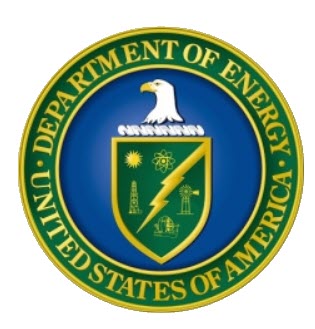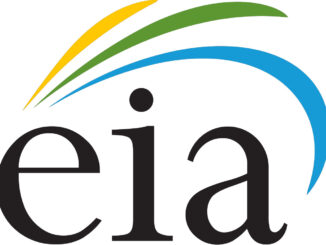
WASHINGTON, D.C. – The U.S. Department of Energy’s Office of Fossil Energy announced plans to make $160 million in federal funding available to help recalibrate the Nation’s vast fossil-fuel and power infrastructure for decarbonized energy and commodity production. The funding, for cost-shared cooperative agreements, is aimed to develop technologies for the production, transport, storage, and utilization of fossil-based hydrogen, with progress towards net-zero carbon emissions.
Fossil fuels currently provide the lowest cost pathway for producing hydrogen, according to cost data in a recent DOE/FE Hydrogen Strategy Document. The U.S. will authorize advanced and novel technologies capable of improving the performance, reliability, and flexibility of methods to produce, transport, store, and use hydrogen. This will enable the U.S. to continue to extract the maximum economic value from fossil fuel energy resources. When coupled with carbon capture and storage capabilities, low-cost hydrogen sourced from fossil energy feedstocks and processes will significantly reduce the carbon footprint of these processes and enable progress toward hydrogen production with net-zero carbon emissions.
Applicants to funding opportunity announcement (FOA), DE-FOA-0002400, Fossil Energy Based Production, Storage, Transport and Utilization of Hydrogen Approaching Net-Zero or Net-Negative Carbon Emissions, will aim to make significant advancements in program areas presented below, with the associated objectives.
1. Net-Zero or Negative Carbon Hydrogen Production from Modular Gasification and Co-Gasification of Mixed Wastes, Biomass, and Traditional Feedstocks—The objective is to advance gasification technologies capable of improved performance, reliability, and flexibility to produce net-zero or negative carbon hydrogen by readily accommodating integration of pre-combustion carbon capture. An additional objective is utilizing low-cost and negative-cost feedstock materials, along with traditional feedstocks, to produce low-cost net-zero carbon fuels and chemicals.
2. Solid Oxide Electrolysis Cell Technology (SOEC) Development—The objective is to develop new or modified materials for SOECs and improve understanding of degradation mechanisms in SOECs for efficient and cost-effective production of hydrogen.
3. Carbon Capture—The objective is to complete the initial design of a commercial scale carbon capture, storage, and utilization (CCUS) system that separates and stores more than 100,000 tonne/year net carbon dioxide of 95% purity, with 90%+ carbon capture efficiency, from a steam methane reforming (SMR) or autothermal reforming (ATR) plant producing 99.97% H2 from natural gas.
4. Advanced Turbines—The objective is to advance the performance of gas turbine combustion systems fueled with high purity hydrogen, hydrogen and natural gas mixtures and other carbon neutral fuels (e.g., ammonia). An additional objective is to demonstrate a hydrogen-fueled rotating detonation engine in a gas turbine.
5. Natural Gas-Based Hydrogen Production—The objective is to develop transformative natural gas decarbonization technologies to produce zero- or negative-carbon hydrogen, to meet the needs of future hydrogen markets.
6. Hydrogen Pipeline Infrastructure—The objective is to develop technologies that improve the cost and performance (e.g., resiliency, reliability, safety, integrity) of hydrogen transportation infrastructure, including pipelines and compression stations.
7. Subsurface Hydrogen Storage—The objective is to develop technologies to improve the cost and performance (efficiency, safety, integrity) of subsurface hydrogen storage.
The FOA will be used to solicit research and development for specific areas of interest aligned with the above seven program areas. Successful applications will be of different monetary values and project durations.
Projects will be managed by the National Energy Technology Laboratory.
Read more details of the FOA.



